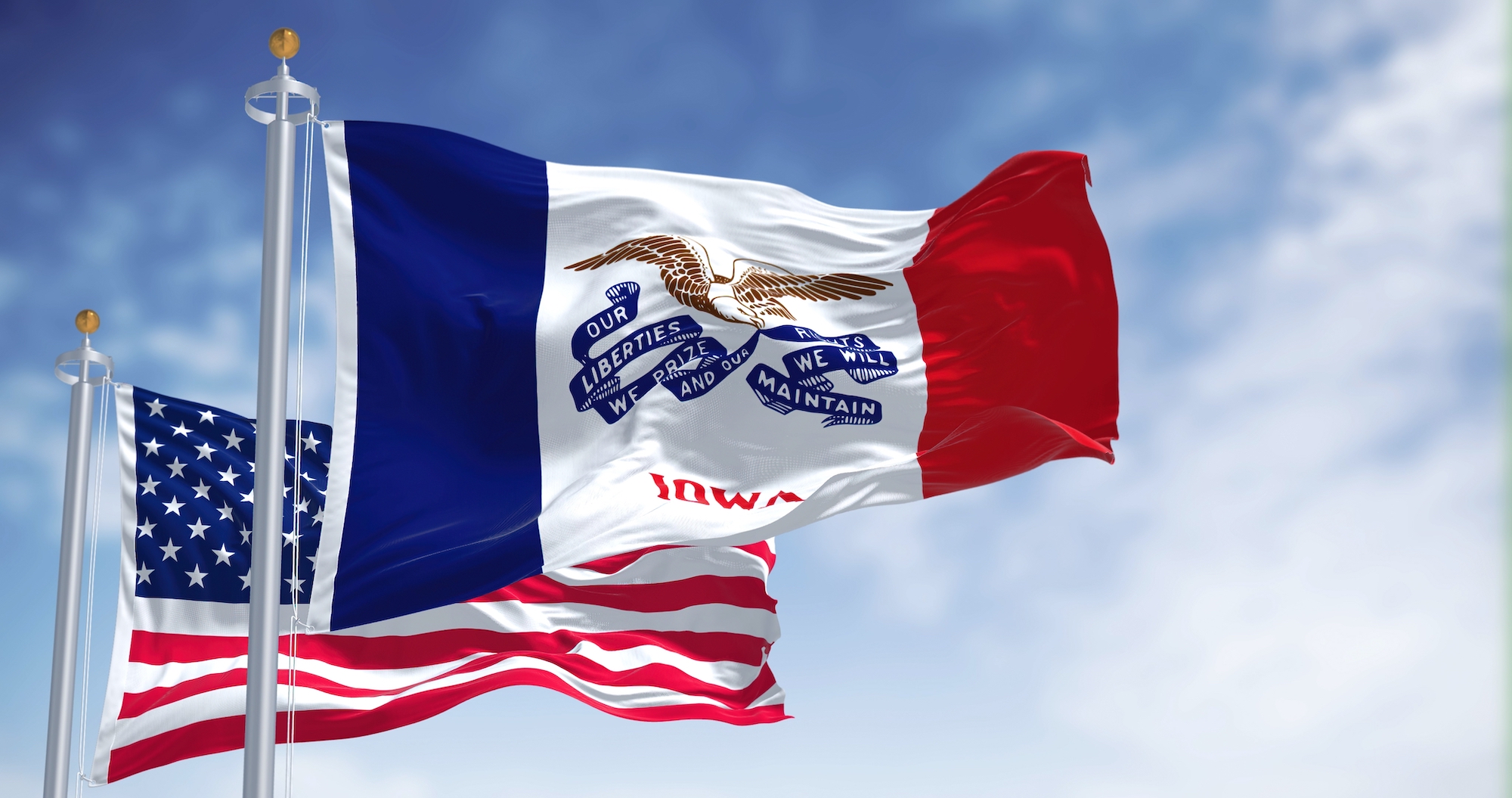
As 2024 comes to a close, Iowa faces significant challenges across various sectors, highlighted by key stories that have shaped the state's landscape. The year began with a tragic school shooting in Perry on January 4, marking a grim start and underscoring the ongoing epidemic of gun violence in the United States. This incident has reignited debates about gun control and school safety, with advocates calling for more stringent measures to protect students. [6f101a37]
In March, Governor Kim Reynolds enacted a law that fundamentally reshaped Iowa's area education agencies, resulting in reduced services that have raised concerns about the quality of public education. Critics argue that these changes could disproportionately affect vulnerable students and communities, further exacerbating educational inequities. [6f101a37]
The environmental landscape also saw significant developments when, in June, the Iowa Utilities Board approved the Summit Carbon Solutions' pipeline project. This decision, which allows for eminent domain over land in 29 counties, has sparked protests from landowners and environmentalists who fear the long-term consequences of such infrastructure on local ecosystems. [6f101a37]
The economic sector faced turmoil as Deere and Co. announced layoffs affecting 3,100 workers, with over 1,000 jobs lost in Cedar Valley alone. This move has raised concerns about the shifting production landscape, particularly fears of jobs moving to Mexico, which could have lasting implications for Iowa's economy. [6f101a37]
In a significant shift in reproductive rights, Iowa's 'heartbeat' abortion law took effect in July, reversing protections previously established by Roe v. Wade. This law has sparked widespread protests and discussions about women's rights and healthcare access in the state. [6f101a37]
The political climate in Iowa solidified its status as a red state following the November 2024 elections, with strong support for Donald Trump. This political shift has been accompanied by the signing of a law banning diversity, equity, and inclusion offices at public institutions, raising concerns about the state's commitment to American values of diversity and inclusion. [6f101a37]